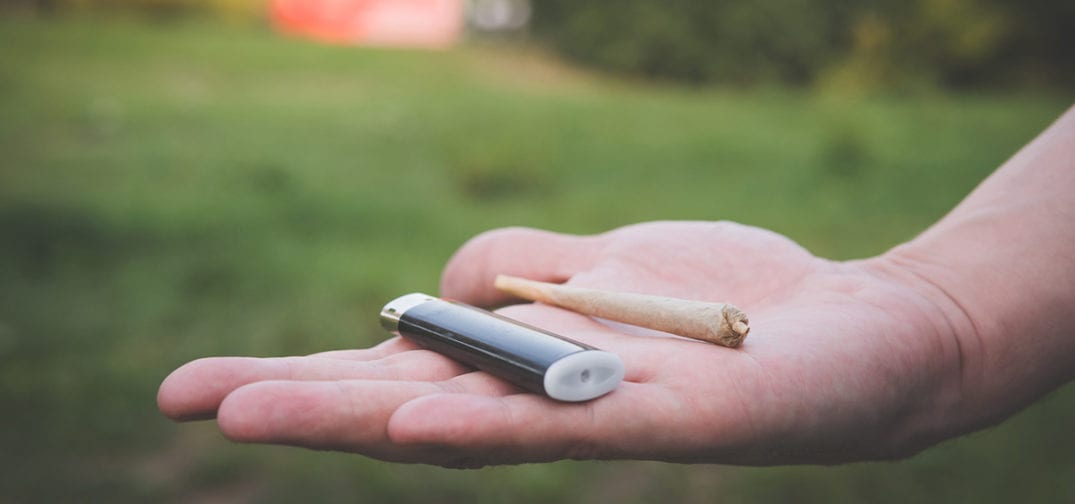The University of Washington’s Social Development Research Group (SDRG) — a part of the School of Social Work — published a study that seems to link parents’ cannabis use, past or present, to their children’s substance abuse tendencies and overall health.
Funded by the National Institute on Drug Abuse and published in the journal Psychology of Addictive Behaviors, the research draws on an earlier study that looked at cannabis consumption patterns and their impact on behavior and health. Four groups emerged from this earlier work: “nonusers,” “adolescent-limited” (confined to only that period of life), “late-onset” (starting in their late teens, early 20s), and “chronic” (ongoing and frequent). Additionally, the earlier study linked cannabis use to a host of negative health and behavioral outcomes. This latest study looked at a subset of the original sample cohort, which began in the 1980’s at several Seattle elementary schools.
In 2002, the SDRG began interviewing participant children age 10+ about cannabis. 360 kids between the ages of ten and twenty were interviewed for the latest study. As predicted, children of chronic users are the most likely to use cannabis themselves — 4.5 times more likely than children of non-users. But researchers were surprised to find children of parents who used cannabis only as adolescents were 2.5 times more likely to use cannabis than children of non-users, despite factoring for parents’ current cannabis consumption habits. Children of non-users and late-onset users were the least likely to consume cannabis.
“The really important takeaway is that parent history of marijuana use is an important risk factor for kids. Using marijuana in adolescence is associated with a host of other problems in the present and later into adulthood. Now we see that echoing through to their children.” — Marina Epstein, a lead author on the studies, via UW News
Researchers want to know why children of parents in the “adolescent limited” group have such high risk factors. They believe parents’ attitudes toward substance abuse and teenagers may be at play, but say more research is needed.
“Now that marijuana is legal, we have to be able to talk to parents about how they’re using, and to be more specific — how much, how often, whether this is lifelong pattern,” said Epstein. “The landscape of marijuana is changing, and we have to be mindful of it.”
Get daily cannabis business news updates. Subscribe
End
